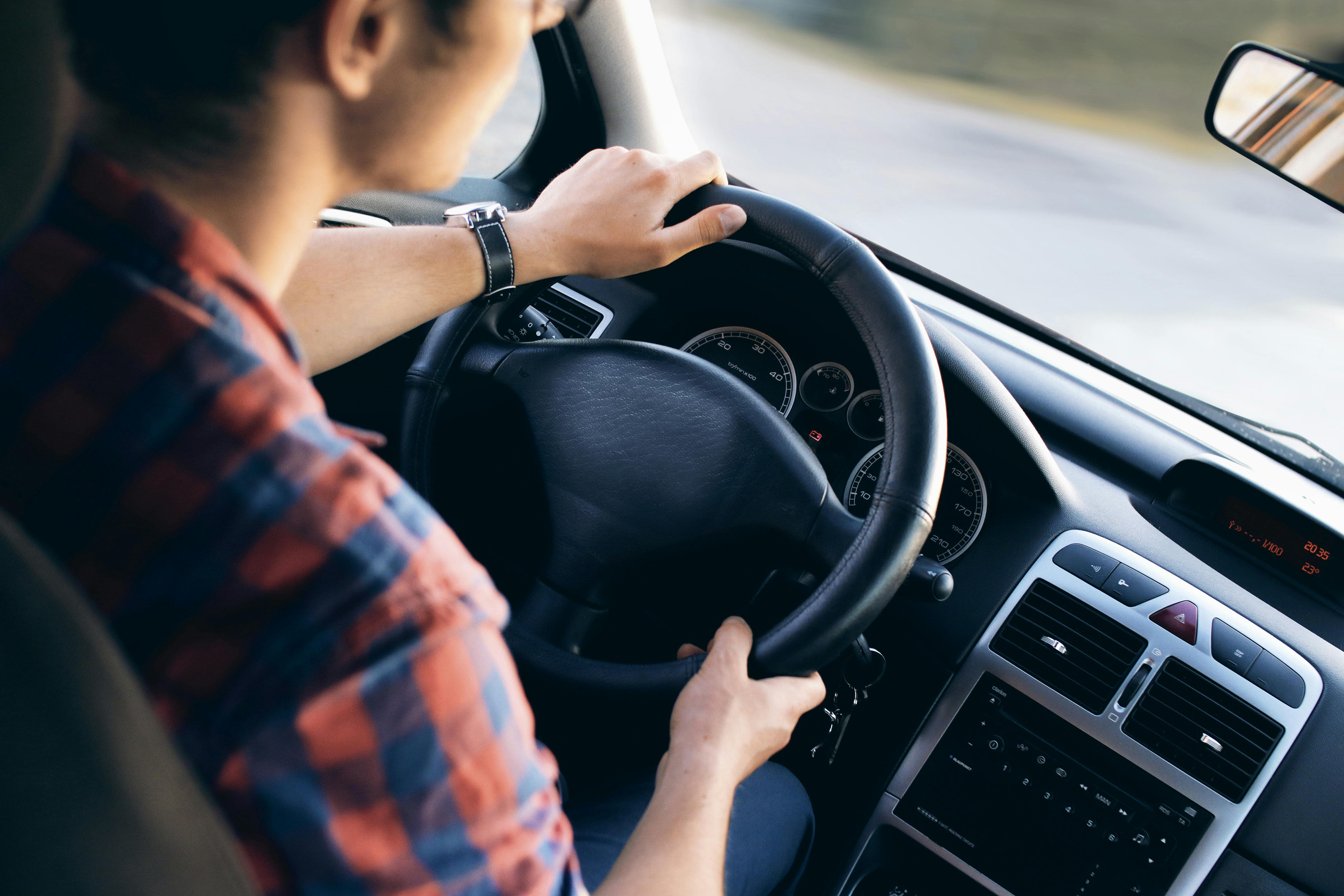Despite how preventable drunk driving is, plenty of people still choose to get behind the wheel after they’ve been drinking. Some do it because they don’t understand the risks, and others do it because they feel like driving their own car is the more convenient option. Whether you’ve just gotten your driver’s license or you’ve had it for years, here are four important things to remember about driving while intoxicated (DWI).

A DWI Will Always Cost More than the Alternatives
When you drive drunk, you’re putting people’s lives at risk, including your own, and you’re putting yourself at a huge risk financially. If you’re found guilty of a DWI, it can end up costing you $10,000 when you factor in the fines and the increased insurance premiums. If you cause an accident, you could end up paying a substantial amount in damages or even going to prison.
Compare that $10,000 to the cost of getting a taxi or using a rideshare service. There are always plenty of alternatives available instead of drunk driving. You could call someone you know. You could stay at a friend’s place instead of going home. When you consider the potential costs of a DWI, it’s just not a sound decision.
Your Driving Is Affected at Any Level of Intoxication
The legal limit for blood alcohol content (BAC) is 0.08 percent, but if you’re under 21 years of age, it’s 0.02 percent in most states. Two to three drinks can get most people to 0.08 percent. Even if you’re not at that level, drinking will still negatively impact your driving ability.
Any amount of alcohol can increase your reaction time, cause issues with your vision and reduce your coordination. You may find it harder to concentrate. And because alcohol affects your decision making, you may not realize or care how impaired you are.
Make Sure You Know Your Rights
It’s always important to know your rights or you could give them up without even knowing it. If you make the right choices, you won’t drive after you’ve been drinking. Regardless, you should know what do to if you’re pulled over under suspicion of DWI.
You’re required to provide a police officer with your driver’s license and registration if they pull you over, but you’re not required to answer any questions. You also don’t need to perform any field sobriety tests. Those are completely voluntary, and if an officer asks you to take one, they likely already suspect you’re impaired. They’re simply trying to build more evidence against you. It’s best to keep quiet, decline any voluntary tests and consult with a DWI lawyer if you’re arrested.
Don’t Make the Same Mistake Twice
Mistakes happen. What’s important is that you learn from them and don’t make them again. That’s true whether you drive after drinking and get away with it or if you’re pulled over and arrested.
If you drive drunk, it indicates that your drinking is a problem, because you’re making irresponsible decisions. The best thing to do is sign up for a program that can help you avoid alcohol abuse and drunk driving in the future. Every time you drive drunk, you’re more likely to get caught or hurt someone. DWI penalties increase for repeat offenders, which means subsequent DUIs will cost you more than your first, and they’ll be more likely to result in a prison sentence.
Drunk driving causes deaths every day, and even after just one or two drinks, you won’t be at your best behind the wheel. No matter the situation, you’ll certainly have better options available than driving drunk.
Kara Masterson is a freelance writer from West Jordan, Utah. She graduated from the University of Utah and enjoys writing and spending time with her dog, Max.
Post new comment
Please Register or Login to post new comment.